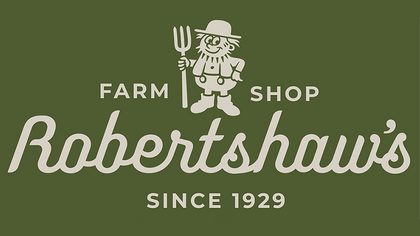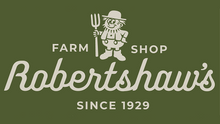Guide To Composting
Home Composting is a great way of dealing with kitchen and garden waste and it’s also environmentally friendly and produces compost that can be used to grown crops or flowers in your garden. It’s a win win!
It’s really easy to do and even inexperienced gardeners can give it ago. It’s just a case of making sure you get the right mix of waste, help the bin retain some warmth and check that it has some moisture and good air flow.
To get started you’ll either need a composter or a large plastic or wooden tub. Make sure it hasn’t any large holes and it works much faster if you have a lid.
You’ll need to mix green waste and brown waste. Along with some food waste to speed up the process.
Green waste can be grass cuttings, weeds, food scraps and manure. These are known as Nitrogen waste.
Brown waste, twigs from pruning, hedge trimmings, dead leaves hay, shredded paper. These are known as Carbon waste
The microbes responsible for breaking down your compost pile need a balanced diet of nitrogen and carbon. A ratio that contains equal portions by weight (not volume) of both works best.
Finished compost is usually less than half the volume of the materials you started with, but it’s much denser.
Most kitchen waste, including vegetable peels, fruit rinds, coffee grounds, tea bags and egg shells, can be fed to worms. Meat and dairy products should not be used in a worm bin. Worms love coffee grounds!
Do not compost fats, pet droppings or animal products. They will attract pests to the pile and can spread disease.
The more you add to your pile at one time, the more it will heat up.
Compost piles should remain damp but not wet. As you build your compost pile, make sure that each layer is moist as it is added. The surface should also remain damp (think of a wrung out sponge), especially during the summer months.
Got compost? When finished it should look, feel and smell like rich, dark soil. You should not be able to recognize any of the items you put in there.
Another use for your compost is to soak it in water to “brew” known as compost tea, a nutrient-rich liquid that can be used for watering your flowers, herb, vegetables and practically anything else that grows.


